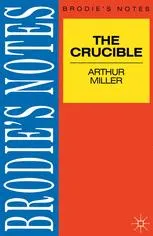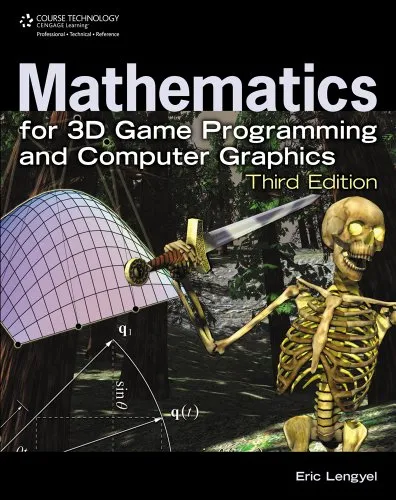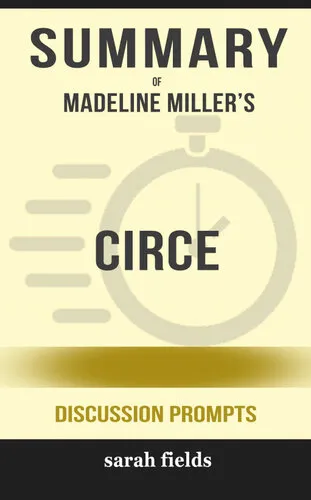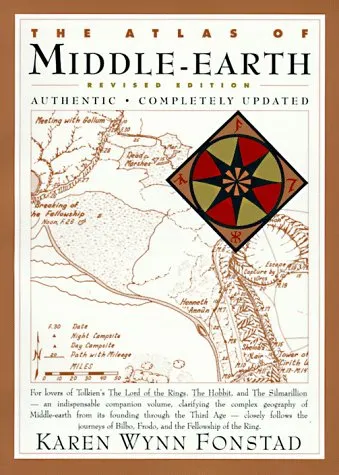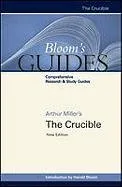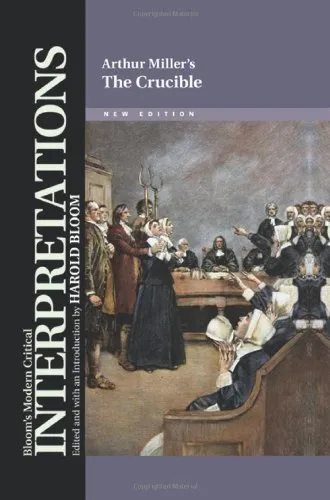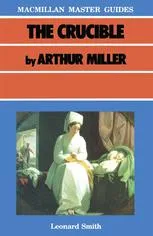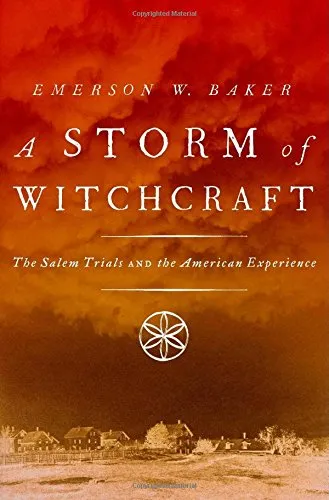The Crucible. Arthur Miller
5.0
Reviews from our users

You Can Ask your questions from this book's AI after Login
Each download or ask from book AI costs 2 points. To earn more free points, please visit the Points Guide Page and complete some valuable actions.Related Refrences:
Introduction to "The Crucible" by Arthur Miller
Arthur Miller's "The Crucible" is a seminal work of the 20th-century American theater that continues to captivate audiences with its poignant critique of moral integrity, social hysteria, and the dangerous consequences of fear-driven societal dynamics. First produced in 1953, the play uses the historical context of the Salem Witch Trials to reflect on the contemporary issue of McCarthyism, revealing timeless truths about human nature and societal pressures.
Detailed Summary of the Book
Set in the insular Puritan community of Salem, Massachusetts, "The Crucible" dramatizes the witch hunts and trials that gripped the town in 1692. The play begins with Reverend Parris discovering his daughter Betty and several other young girls dancing in the forest, which ignites rumors of witchcraft. As fear permeates the town, Abigail Williams, a manipulative and self-serving young woman, seizes the opportunity to divert suspicion from herself by accusing others of witchcraft. Her accusations quickly spiral out of control, engulfing the entire community in paranoia.
Central to the narrative is John Proctor, a respected farmer who is forced to confront his own moral failings as he battles to expose the falsehood of the witch trials. Despite his earlier infidelity with Abigail, Proctor emerges as a tragic hero who challenges the integrity of the legal system and ultimately chooses to preserve his own integrity at the cost of his life. The play reaches a harrowing climax as Proctor, refusing to falsely confess, is sentenced to hang, leaving audiences to grapple with profound questions of truth, justice, and redemption.
Key Takeaways
- Moral Integrity: "The Crucible" explores the theme of personal integrity, emphasizing the importance of staying true to one’s moral convictions even in the face of immense societal pressure.
- Social Hysteria: The play highlights how fear and suspicion can lead to collective hysteria, resulting in irrational and destructive behaviors.
- The Power of Lies: Miller demonstrates the devastating power of lies and deceit, illustrating how falsehoods can unravel the very fabric of community.
- Historical Allegory: Though set in the 17th century, "The Crucible" serves as an allegory for the McCarthy era, critiquing the way societies scapegoat and persecute to preserve the status quo.
Famous Quotes from the Book
“Because it is my name! Because I cannot have another in my life! Because I lie and sign myself to lies! Because I am not worth the dust on the feet of them that hang! How may I live without my name? I have given you my soul; leave me my name!”
“We are what we always were in Salem, but now the little crazy children are jangling the keys of the kingdom, and common vengeance writes the law!”
Why This Book Matters
"The Crucible" is more than just a historical drama; it is a timeless exploration of human nature and societal dynamics. This play remains incredibly relevant today, offering insights into the mechanisms of fear, the consequences of mass hysteria, and the dangers of ideological dogmatism. Miller's masterful storytelling urges audiences to reflect on the cost of deception and the valor required to stand for truth. As a window into a dark chapter of American history and a mirror reflecting contemporary societal issues, "The Crucible" endures as a compelling study of character and conscience.
Free Direct Download
You Can Download this book after Login
Accessing books through legal platforms and public libraries not only supports the rights of authors and publishers but also contributes to the sustainability of reading culture. Before downloading, please take a moment to consider these options.
Find this book on other platforms:
WorldCat helps you find books in libraries worldwide.
See ratings, reviews, and discussions on Goodreads.
Find and buy rare or used books on AbeBooks.
1432
بازدید5.0
امتیاز0
نظر98%
رضایتReviews:
5.0
Based on 0 users review
Questions & Answers
Ask questions about this book or help others by answering
No questions yet. Be the first to ask!
